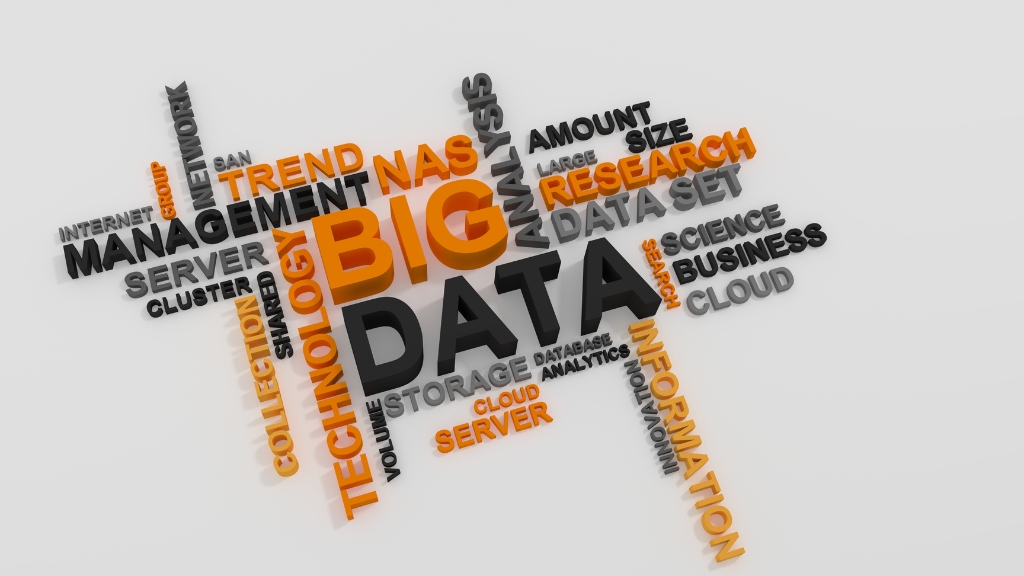
Unlocking Customer Insights: The Role of AI in Advanced Analytics
In today’s fast-paced digital world, businesses have more data than ever at their fingertips. Organizations are sitting on a goldmine of valuable insights with data flowing in from various sources, such as social media, customer feedback, purchase history, and website behavior. However, extracting meaningful insights from this overwhelming data can be challenging. This is where Artificial Intelligence (AI) and advanced analytics come into play, transforming how businesses understand their customers.
AI-powered analytics tools help businesses make sense of vast datasets and uncover actionable customer insights. These insights are essential for improving customer experiences, tailoring marketing strategies, and driving business growth. In this article, we’ll explore how AI revolutionizes customer insights and why it’s a game-changer for businesses looking to stay ahead in today’s competitive marketplace.
The Challenge of Understanding Customer Behavior
Understanding customer behavior is crucial for any business aiming to improve customer satisfaction, increase sales, and build long-lasting relationships. However, with data coming from many touchpoints—such as online purchases, social media interactions, and email engagement—it’s easy for businesses to get overwhelmed.
Additionally, traditional data analysis methods often fail to process large volumes of unstructured data, such as text, images, and videos. Without advanced analytics tools, businesses may miss key patterns and trends that could drive meaningful customer insights.
How AI Unlocks Customer Insights
AI can process vast amounts of data quickly and accurately, uncovering patterns that would be difficult for humans to spot. AI can unlock valuable insights about customer behavior through machine learning (ML), natural language processing (NLP), and predictive analytics. Here’s how AI is helping businesses better understand their customers:
- Personalizing Customer Experiences
One of AI’s most significant advantages is its ability to create personalized customer experiences. By analyzing customer data such as browsing history, previous purchases, and preferences, AI can identify patterns and make real-time recommendations tailored to individual customers.
For example, AI-powered recommendation systems, such as those used by e-commerce giants like Amazon, suggest products based on a customer’s previous behavior, increasing the likelihood of a purchase. Personalization extends beyond product recommendations to personalized marketing messages, customized offers, and individualized customer service experiences.
- Predicting Customer Behavior
AI uses predictive analytics to forecast future customer actions. By analyzing historical data, AI can predict customer behavior, such as which products they are likely to purchase, when they might make a purchase, and whether they are likely to churn.
For example, businesses can use AI to analyze customer interaction patterns and identify potential churn risks. By recognizing warning signs early, companies can take proactive measures to retain customers, such as offering special discounts or targeted communications to encourage loyalty.
- Sentiment Analysis on Customer Feedback
Understanding customers’ feelings about your brand is critical to improving satisfaction and loyalty. AI-powered sentiment analysis tools can analyze customer reviews, social media posts, and other feedback forms to determine whether customer sentiments are positive, neutral, or negative.
For instance, NLP algorithms can analyze Twitter posts or customer reviews on a website to gauge public opinion about a product or service. This helps businesses identify potential issues, areas for improvement, and opportunities to enhance customer satisfaction.
- Segmentation and Targeting
AI can help businesses segment their customer base more effectively by analyzing behavior patterns and clustering customers into groups based on shared characteristics. This enables companies to deliver targeted marketing messages that resonate with each segment.
For example, AI can segment customers based on demographic data, purchasing history, or online behavior. This allows businesses to create more relevant marketing campaigns, leading to higher conversion rates and more effective customer outreach.
- Real-Time Insights and Decision Making
AI enables businesses to process real-time data, providing up-to-the-minute insights into customer behavior and preferences. Real-time analytics allows businesses to make swift, data-driven decisions and respond to customer needs quickly.
For example, e-commerce websites can track how customers interact with the site in real time and use this data to adjust the user interface or marketing campaigns instantly. If a customer abandons a shopping cart, AI can trigger a personalized discount offer to encourage them to complete the purchase.
- Enhanced Customer Support with AI Chatbots
AI-powered chatbots and virtual assistants revolutionize customer service by providing fast, efficient support. These AI systems can understand customer queries, offer solutions, and even resolve issues without human intervention.
Chatbots can answer frequently asked questions, provide product recommendations, and troubleshoot technical problems. This results in a seamless customer experience and a more efficient support system that operates 24/7, improving customer satisfaction and loyalty.
Benefits of AI-Driven Customer Insights
- Improved Personalization: AI enables businesses to offer more personalized experiences, increasing customer satisfaction and loyalty.
- Faster Decision-Making: AI can analyze data in real-time, helping companies to make quick, informed decisions to meet customer needs.
- Better Customer Retention: AI allows businesses to proactively retain valuable customers by predicting customer behavior and detecting churn risks.
- Increased Revenue: AI-driven insights enable businesses to target customers with suitable offers, boosting sales and conversion rates.
- Efficient Operations: AI automation, such as chatbots and data analysis, helps streamline operations, reducing the workload for human employees and improving overall efficiency.
Real-World Applications of AI in Customer Insights
- Retail: Retailers use AI to personalize product recommendations, optimize pricing strategies, and forecast demand to improve inventory management.
- Finance: Banks and financial institutions use AI to predict customer spending habits, identify fraud, and offer personalized financial advice.
- E-Commerce: E-commerce businesses use AI to personalize shopping experiences, optimize pricing, and improve customer support.
- Healthcare: Healthcare providers use AI to analyze patient data and predict patient needs, improving the quality of care and patient satisfaction.
Conclusion
AI is transforming the way businesses unlock and utilize customer insights. Using machine learning, predictive analytics, sentiment analysis, and real-time data processing, AI helps companies understand their customers on a deeper level. Predicting customer behavior, personalizing experiences, and responding to customer needs in real time are essential for staying competitive in today’s market.
As AI continues to evolve, its role in enhancing customer insights will only become more significant. This will enable businesses to make smarter decisions, drive growth, and build stronger relationships with their customers.
FAQs
Q: How does AI personalize customer experiences?
AI personalizes experiences by analyzing customer data to tailor product recommendations, offers, and marketing messages based on individual preferences.
Q: Can AI predict customer behavior?
A: Yes, AI uses predictive analytics to forecast future customer actions, such as product purchases and the likelihood of churn.
Q: What is sentiment analysis in AI?
A: Sentiment analysis uses AI to analyze customer feedback, reviews, and social media posts to determine public opinion and customer sentiment toward a brand or product.
Q: How can AI help with customer retention?
A: AI can predict which customers are likely to churn and help businesses take proactive steps to retain them, such as offering personalized incentives.
Leave a Reply
- AI in Diagnostics: Revolutionizing Early Detection and Accuracy
- How AI and Advanced Analytics Are Transforming Healthcare Outcomes
- Investing with Confidence: The Role of ROI Calculators
- How ROI Calculators Drive Data-Driven Business Strategies
- The Ultimate Guide to ROI Calculators for Business Success
- Making Sense of ROI Calculators: A Comprehensive Guide
- June 2025 (1)
- May 2025 (1)
- October 2024 (2)
- September 2024 (31)
- August 2024 (31)
- July 2024 (27)
- June 2024 (28)
- May 2024 (30)
- April 2024 (33)
- March 2024 (23)
- February 2024 (29)
- January 2024 (3)
- December 2023 (47)
- November 2023 (36)
- October 2023 (23)
- September 2023 (2)
- June 2023 (2)
- May 2023 (13)
- April 2023 (1)




